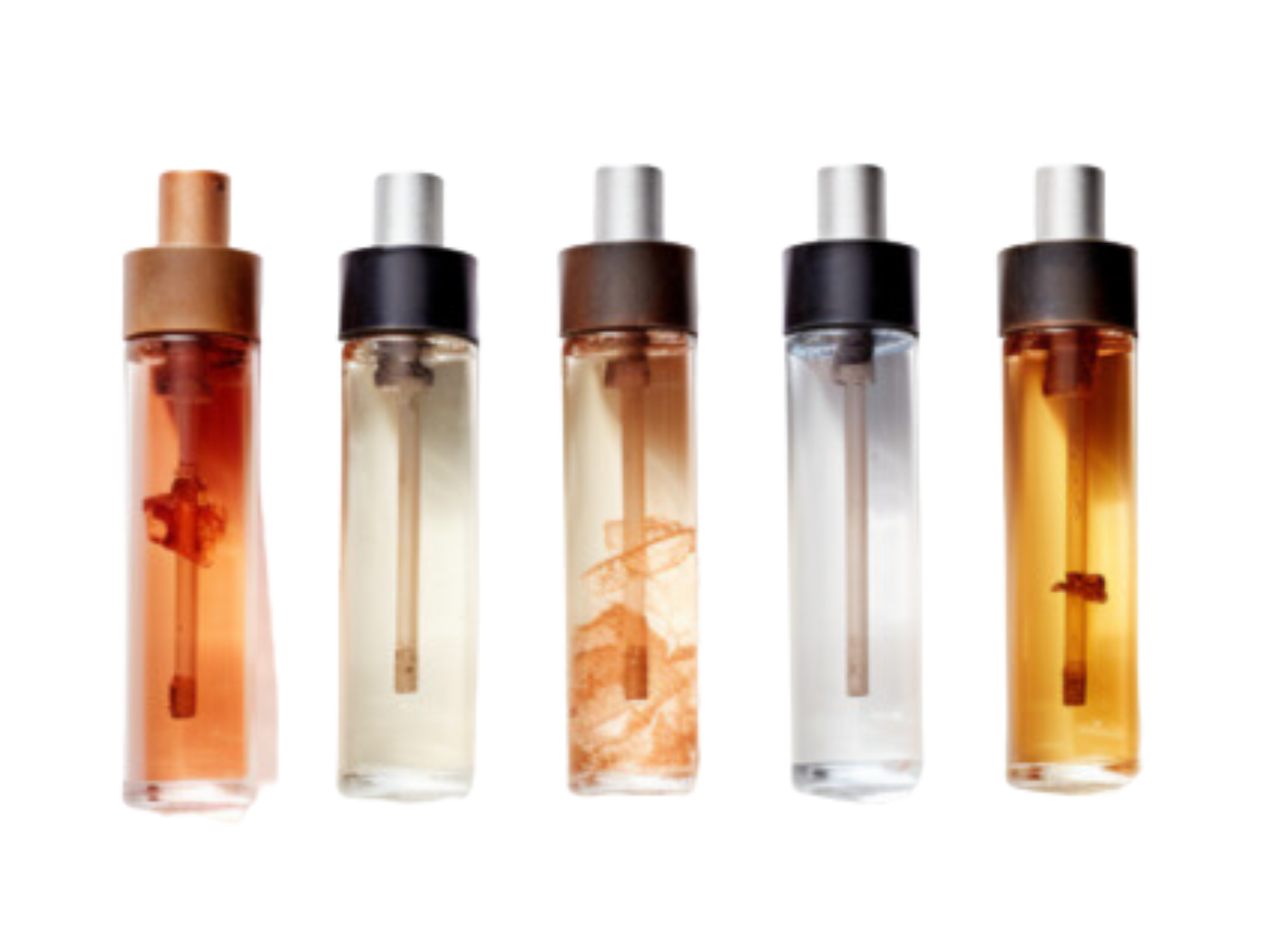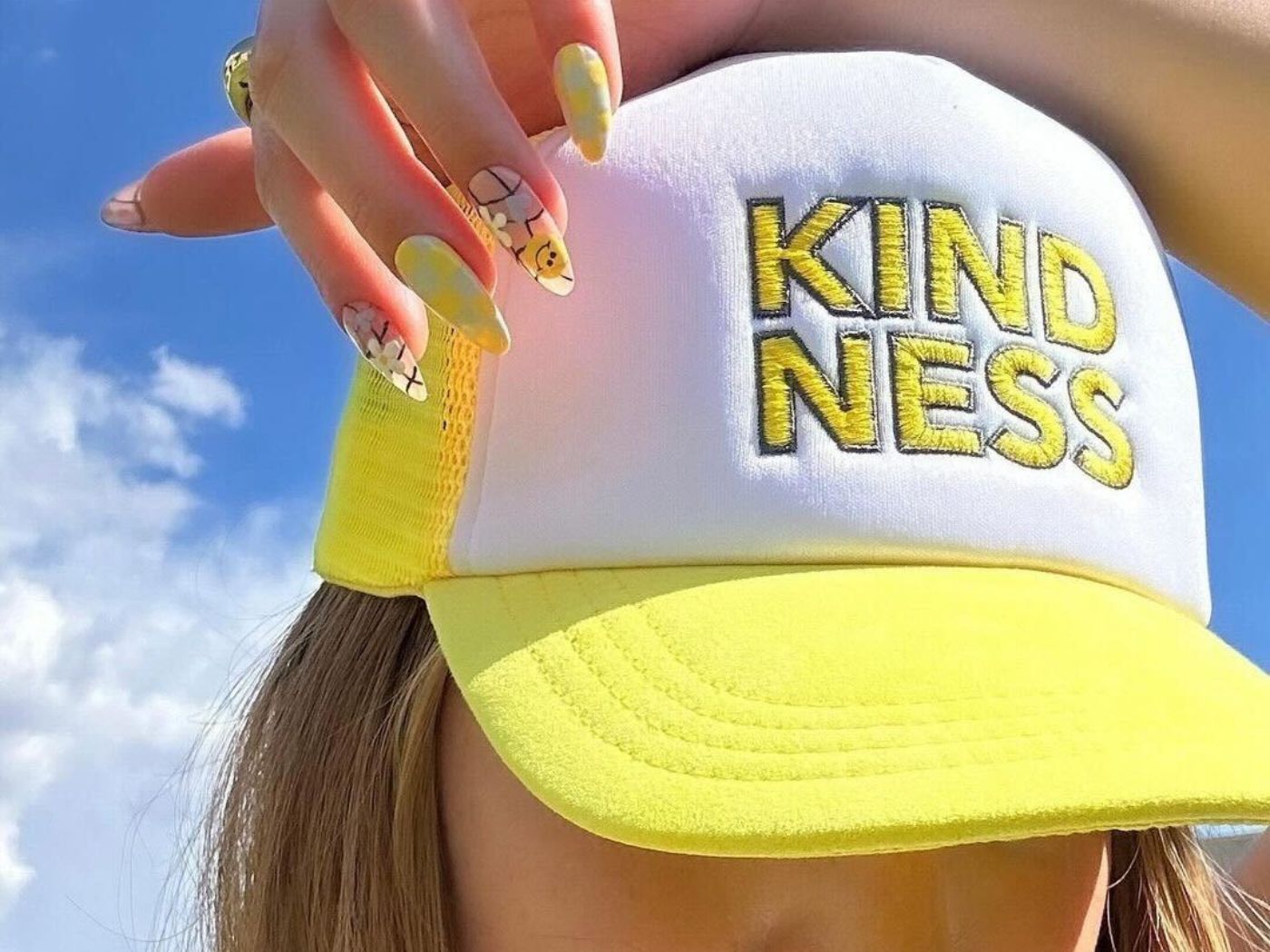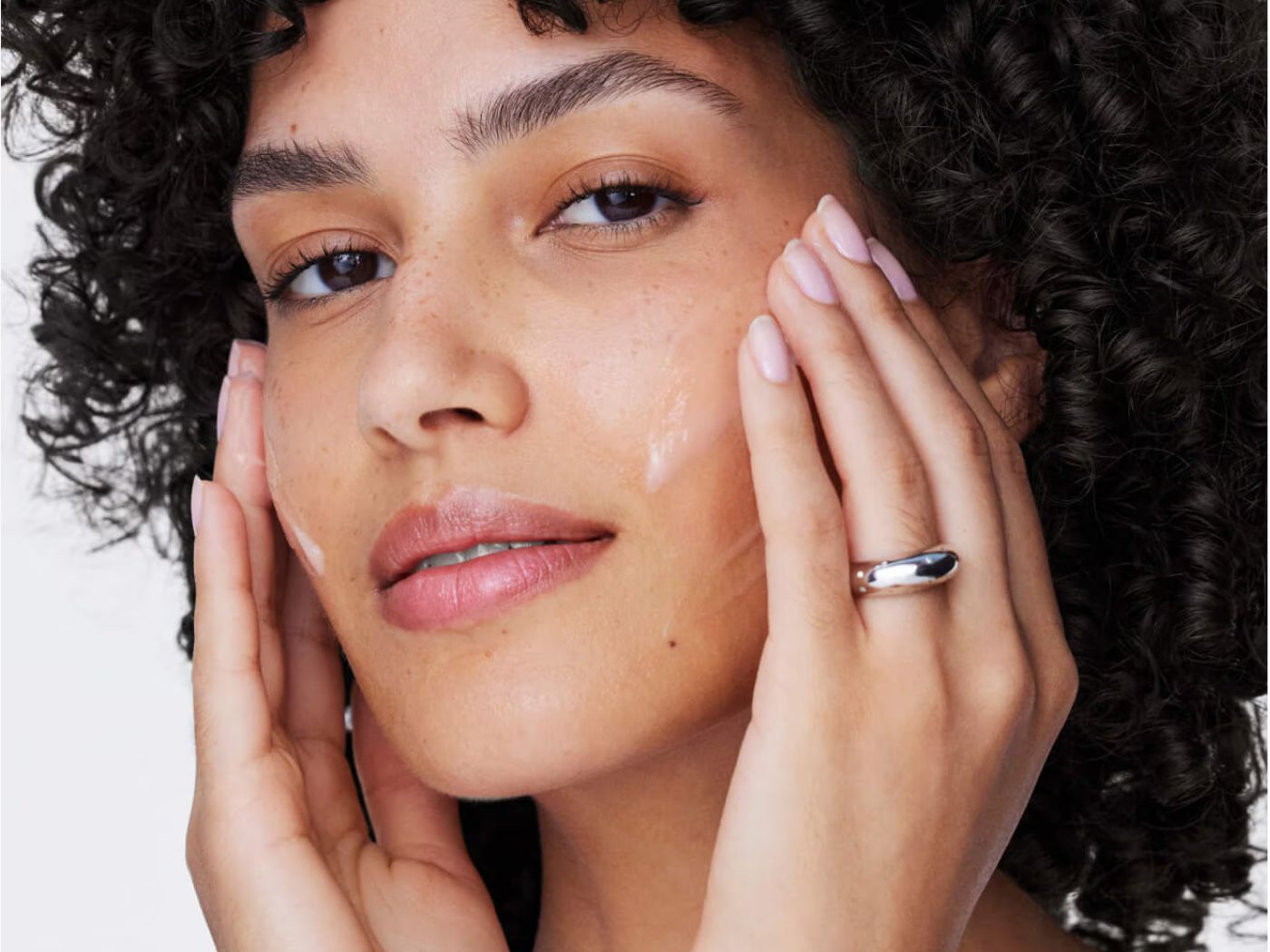Brands that prioritize ingredient-driven formulas are what’s driving consumers to replenish their vanities. And when it comes to skin care, they’re seeking a mixture of skin-hydrating and barrier-supporting ingredients to round out their routines, according to what’s trending among the finalists of this year’s CEW Ingredients & Formulations Award. In partnership with the New York Society of Cosmetic Chemists [NYSCC], the award recognizes excellence in product formulation. To get insight into the trending formulas, we asked the judges of the award to see what they’re excited about.
“One trend in formulation is delivering smaller ingredient particle sizes so they can better penetrate the skin,” said Beautystat’s Ron Robinson. Ushering in this technology is Activen XEP-716 Miniprotein, which has been designed to safely infiltrate the dermis, offering results such as safe collagen and elastin rejuvenation benefits after two weeks of use.
Activen XEP-716 Miniprotein is one of eight finalists voted on by Robinson and several of his peers, including Mike Wong, Orveon Global Chief Science Officer; Tao Zheng, Executive Director, Advanced Technologies, SPF & Makeup Innovation, The Estée Lauder Companies; Toussaint Jordan, Edgewell Brand Manager, Product Marketing; and Eileen Kim, Head of US Innovation and Research, Chanel. Each judge pinpointed attributes from the finalists that resonated most.
Jordan was intrigued by BASF Probiolift, particularly for how it could be marketed to consumers, as it uses a bacterium found naturally on the skin, which can relatable due to the microbiome trend.
“I feel like this would really resonate because consumers are already using probiotics for their gut,” said Jordan. “And the microbiome is really popular right now. The fact that they have discovered this particular bacterium in younger individuals and then it starts to reduce as you get older, I think that’s a unique approach to anti-aging,” she said of the formula, which increases dermal density, improves the appearance of forehead wrinkles, and protects skin from oxidative stress.
Wong pointed to the AI-driven molecular design technology by the scientists at Cambrium, who searched through billions of collagen sequences to discover the most skin-active region of Human Collagen Type 1, captured for the first time in NovaColl.
“It’s the first micro-molecular, vegan, 100% skin-identical collagen that’s small enough to create visible effects across skin layers,” said Wong, which he explained is quite notable.
Targeting dark spots has long been a skin care problem beauty brands try to solve. But Croda Inc’s Mel[o]stem brings to market the first plant-based ingredient to address both dark and white pigment disorders (including acne scars) for a next-level, even-toned complexion on the neck and décolletage.
“It not only works to treat hyperpigmentation, which is darkening, but hypopigmentation, where skin can get lighter and it looks like white spots, if you will,” said Robinson. “The fact that this is treating both seems very interesting.”
Antiaging remains one the biggest categories within skin care, and Chanel’s Kim said Givaudan Active Beauty’s Gravityl does this well by approaching sagging from many different angles: Gravityl is formulated to relaunch the production of key dermis biomarkers responsible for elastin organization and collagen boosting. The result is an ingredient that restores firmness and claims to visually reduce the look of a double chin in one month.
As clean beauty drives the potential of future ingredient bans, a search for alternatives to plastic packaging continues. Vantage Specialty Ingredients’ Concentrated Conditioner Drops eliminate the need for plastic containers with their solid hair conditioner tablets. Compact for on-the-go use, the customizable formulas require just a bit of water to activate.
Beauty products without SPF will at some point be left behind. Brands may want to consider P2 Science Inc.’s CitroSperse, a sustainable version of titanium dioxide that can be used in high-quality pigments that offer bold, lasting color without dimethicone or a large carbon footprint. It can also be used for blending and brightening with other colorants in a product line.
Most all of the judges were moved by the innovation in Givaudan Active Beauty’s PrimalHyal Hydra[+], an ingredient that marks a new generation of hyaluronic acid. Givaudan says its benefits bring higher hydration levels to skin in both rinse-off and leave-on applications, and that hydration levels are doubled as compared to standard hyaluronic benefits thanks to low molecular weight and improved skin adhesion.
“I mean, to have a rinse off that’s hydrating, that’s pretty impressive,” said Kim.
The panel of experts look forward to speaking about all of this year’s finalists in a free webinar scheduled for today, November 2 at 10 a.m., as well as to predict ingredient trends that look to make an impact in 2024. The winner of the 2023 CEW Ingredients & Formulations Award, in partnership with NYSCC, will be announced on November 7 at CEW’s annual Beauty Awards Luncheon at the New York City Hilton Midtown, along with 30+ additional beauty category winners.




